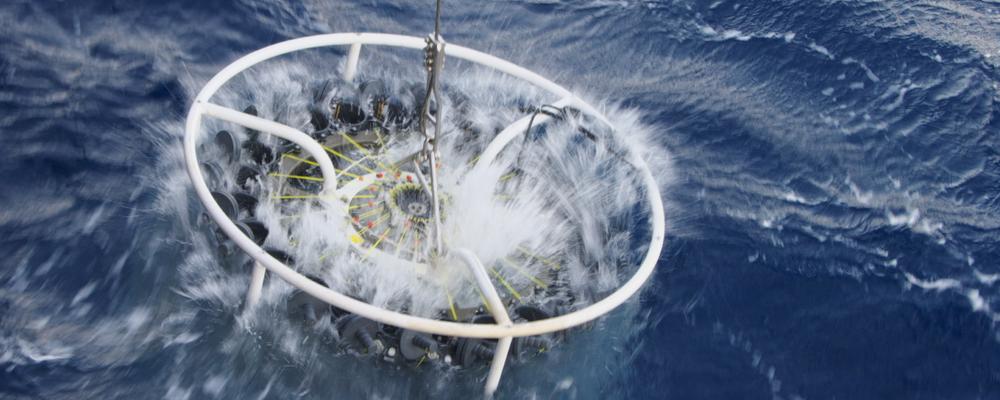
Marine Chemistry
In marine chemistry, we study the properties, composition, and structure of elements, ions and compounds in the ocean. This involves studying the structural and compositional transformations, and energy transformations. We also study solid forms of marine pollution, such as micro-plastics.
Marine chemistry is an interdisciplinary field where we study decomposition in the sea of cultural heritage, the oceanic carbon cycle, ocean acidification, and benthic nutrient fluxes. We also study solid forms of marine pollution, such as micro-plastics.
We also study the dynamic interactions of processes with currents, sediments, pH levels, atmospheric constituents, geology and ecology.
To achieve our goals we use a multitude of analytical chemical tools. Significant are chromatography, mass spectrometry and Raman spectroscopy. Data analyses involve multivariate evaluation techniques and in our research we use advanced chemical modelling. We also have a unique set of instruments for the analysis and characterization of contaminant particles from the nano to the millimeter scale in real environmental samples.









